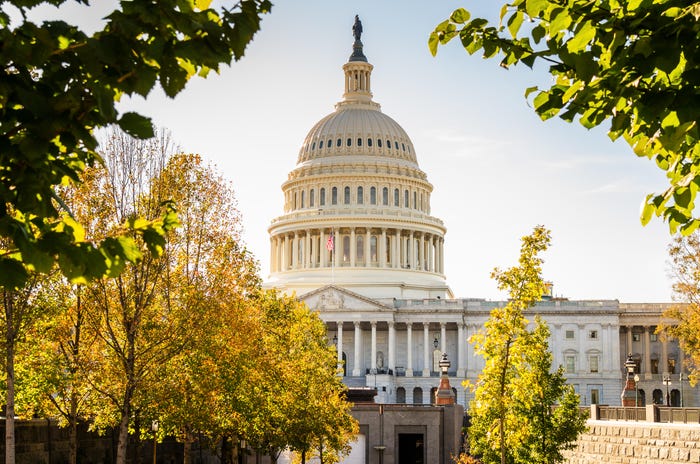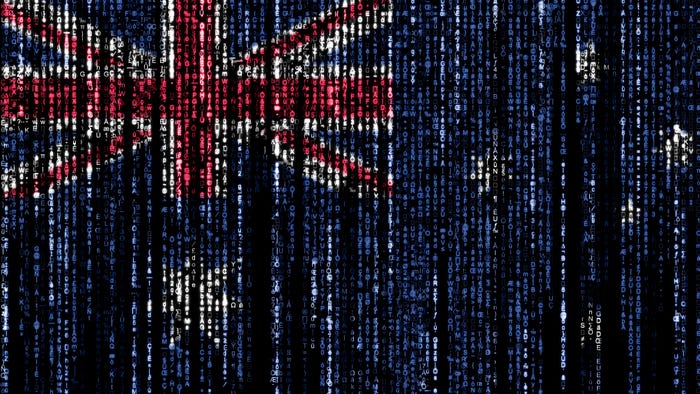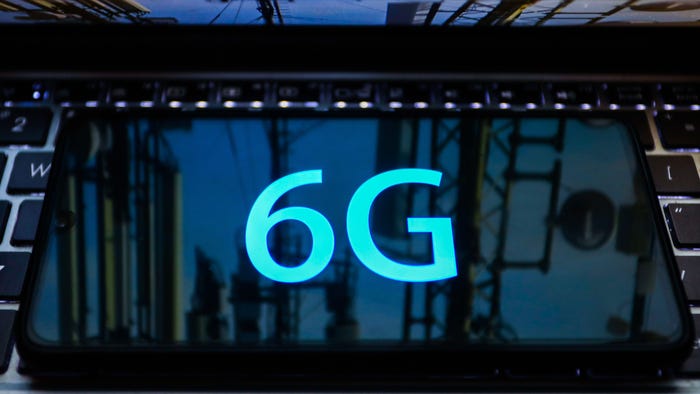Google AI giant leaves company, fearing a coming dystopiaGoogle AI giant leaves company, fearing a coming dystopia
May 3, 2023

AI pioneer Geoffrey Hinton, when asked how he could work on a technology that was potentially dangerous, would respond by quoting Robert Oppenheimer, who led the U.S. initiative to build the atom bomb.
“When you see something that is technically sweet, you go ahead and do it.”
Hinton does not say that anymore. Instead, the 75-year-old ‘Godfather of Deep Learning’ quit his job at Google this week, where he worked for more than a decade, so that he can freely speak out about the dangers of AI, according to an interview with The New York Times.
He said a part of him now regrets his life’s work on neural networks, which in 2018 won him the Turing award, considered the Nobel prize of computing. His former students included Turing award winner Yann LeCun and OpenAI co-founder and chief scientist Ilya Sutskever.
What changed?
Hinton cited the new generation of large language models, especially GPT-4 from Open AI last year, that has made him realize how smart machines can get. “Look at how it was five years ago and how it is now. Take the difference and propagate forwards. That’s scary.”
“The idea that this stuff could actually get smarter than people – a few people believed that,” Hinton told the Times. “But most people thought it was way off. And I thought it was way off. I thought it was 30 to 50 years or even longer away. Obviously, I no longer think that.”
Hinton had thought Google was a “proper steward” of AI, careful about any releases that might cause harm, until Microsoft began targeting its core search business by incorporating GPT-4 into Bing. It goaded Google into deploying AI faster in a contest that might be “impossible to stop,” he said.
Deepfakes to Flood the Internet?
Notably, Hinton did not sign the open letter from Future of Life Institute, which called for a 6-month pause on developing AI more powerful than GPT-4 until there are more guardrails. He said he did not want to publicly criticize Google or other companies until he had resigned.
The letter has attracted over 27,500 signatures to date, including from Elon Musk, Apple co-founder Steve Wozniak and Yoshua Bengio, who shared the Turing award with Hinton and LeCun. (LeCun did not sign the letter, tweeting that he disagreed with the premise.)
Hinton’s immediate worry is the internet will be filled with deepfakes such that the regular person will “not be able to know what is true anymore.”
In the future, he sees the more fundamental risk coming from AI systems generating and running code themselves, thereby acting autonomously in ways that could be detrimental to society.
To read the complete article, visit IoT World Today.


